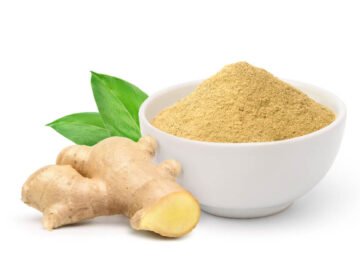
The Perimenopause Diet That Every Girl Should Know Better
Perimenopause is known as the precursor to menopause. Perimenopause can last years before your periods. During this period, there will be the starting fluctuating of the women’s estrogen and progesterone. The perimenopause diet is essential because the estrogen level may go up and down a bit more before making the levels out as your body settles into menopause.
Some of the symptoms of Perimenopause are:
- Dryness of vagina
- Irregular periods and changes in the flow or frequency
- Change in mood, including depression or irritation
- Hot flashes
- Sweating in night
You will reach menopause after you have gone consecutive months without the menstrual period.
During that period, you will also need to have a perimenopause diet. It is essential to have a balanced diet during that period. Fruits, vegetables, and whole grains will be good choices.

The perimenopause diet includes:
Protein
During perimenopause, your body goes through numerous changes. And your body will need more nutrients because of those changes. So it is essential to intake protein during that period. Protein is the best part of the perimenopause diet.
Proteins can help maintain muscle mass, regulate appetite, and control sugar levels. They are also necessary to maintain hormone levels.
To get more benefits:
- Consider the intake of protein in three meals and snacks.
- Instead of eating plain toast, consider adding some peanut butter.
- Add salmon or chicken at lunch.
- Lentils, yogurt, and eggs are also great high-protein choices.
Omega-3 fatty acids
Omega-3 fatty acids can help in decreasing inflammation as well as help in improving moods. It is also linked to reducing the depression that many women face during the perimenopause diet period.
It is recommended that you add two 4-ounce servings of fish per week. You can also consult with the doctor about fish oil supplements and add flaxseed oil.
Fibre
Another thing to add to your perimenopause diet is fibre. Fibre helps to keep you feeling full for an extended period, curbs cravings and aids weight-loss efforts.
Fibre is also considered to decrease the risk of aging-related diseases, such as strokes, cancer, and heart disease. Consider adding at least 22 grams of fibre every day. Fruits and vegetables are great sources of fibre, and beans and whole grains are also good sources.
Calcium
The risk of osteoporosis also increases with incensement in your age. You need to intake at least 1200 milligrams of calcium daily to keep your bones healthy. Vitamin D is also regarded as essential to intake.
What to limit in your diet

No one ever wants to have a long list of foods they can’t have, but you have to. Not every kind of food does well to your body. In general, there can be an increase in your risk for heart disease saturated fats from meat and dairy products. Try consuming plant-based fats when you can.
Also, limit highly refined carbs, like white bread, pasta, and baked goods. It will help you in avoiding blood sugar spikes and constant cravings. Substitution also plays an essential factor here. You can make a habit of substituting whole-grain brown rice for white rice.
Sugar, caffeine, and alcohol can exaggerate hormone symptoms, so it will be best to avoid them as much as possible during your perimenopause diet.
What you can do:
There are some of the things that you should consider when you enter perimenopause. They are:
- Quit smoking if you have the habit of smoking cigarettes
- Exercise daily
- Add more fibre, calcium, omega-3 fatty acids, and protein to your perimenopause diet
- Limit the intake of sugar, highly refined carbs, and saturated fats
- Limit the intake of alcohol and caffeine
Source: Image by Freepik














